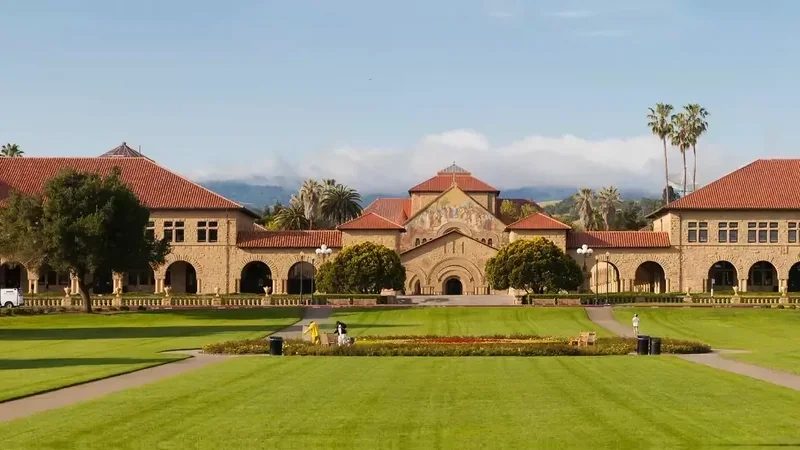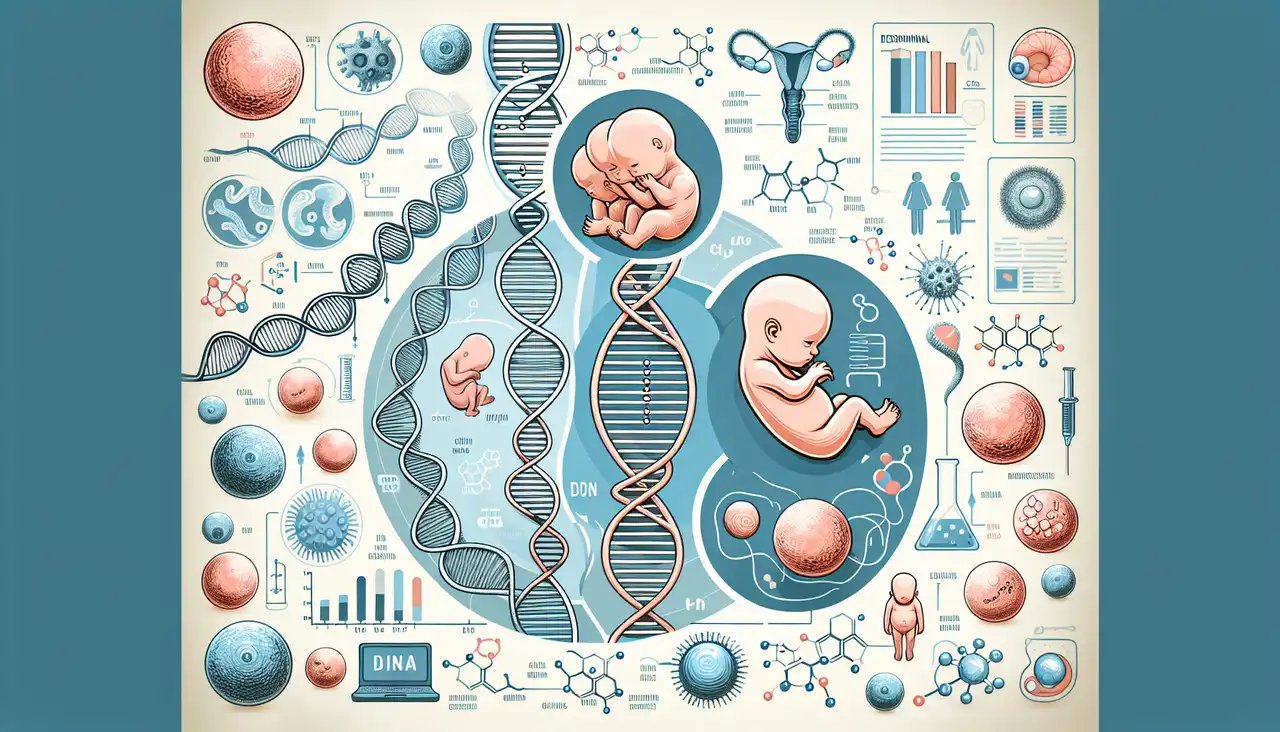
Arvind Narayanan

Janet Vertesi

Prateek Mittal

Kevin Deas












Stanford University is a private research university located in Stanford, California. Founded in 1885 by Leland and Jane Stanford, the university has grown to become one of the most prestigious universities in the world. Stanford is consistently ranked among the top universities in the world by major publications such as U.S. News & World Report and Times Higher Education.

Stanford University's Department of Developmental Biology, situated within the School of Medicine, stands as a premier hub for unraveling the fundamental processes that guide life's intricate journey from a single fertilized egg to a complex, functional organism. The department provides a comprehensive and rigorous program delving into the molecular, cellular, and genetic mechanisms that orchestrate development across a diverse array of model organisms. Researchers and students actively investigate how genes, signaling pathways, and cell-cell interactions precisely shape tissues and organs, continually pushing the boundaries of knowledge in critical areas such as stem cell biology, regeneration, and developmental genetics. This vibrant and interactive community is deeply committed to scientific discovery and to effectively training the next generation of scientific leaders in this vital field.
View Developmental Biology